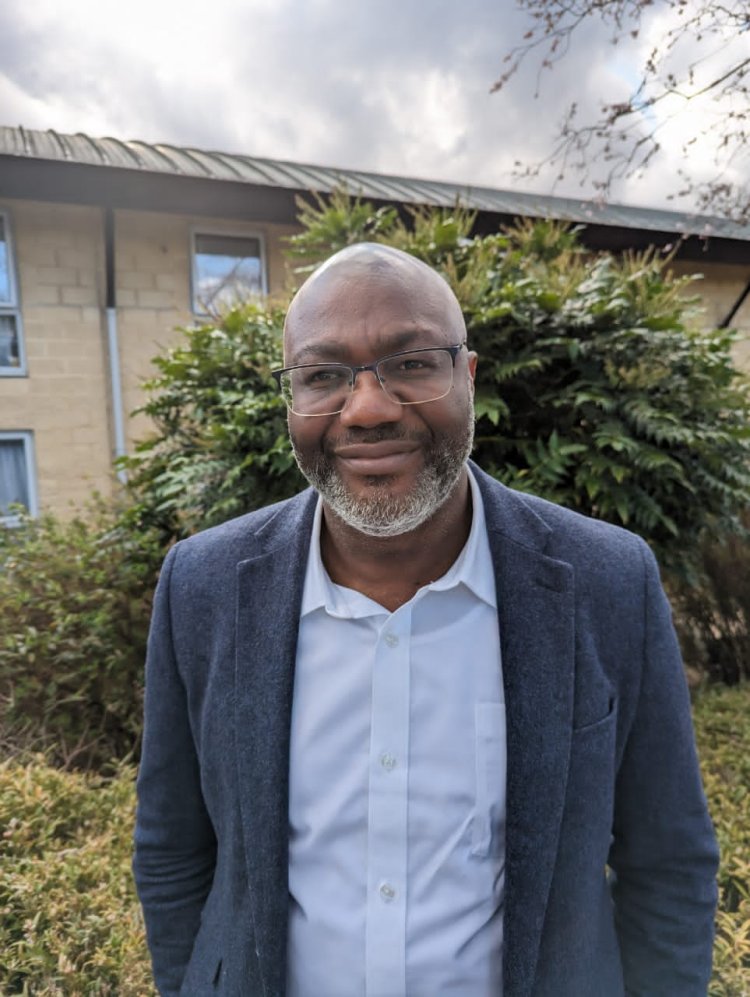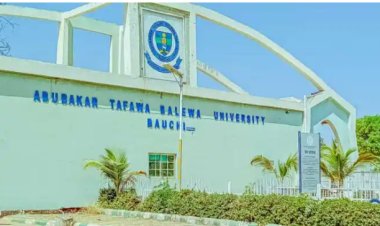Ekwueme University Unveils Groundbreaking Deep Decarbonisation Report
Alex Ekwueme Federal University releases comprehensive report outlining Nigeria's pathway to net-zero emissions, highlighting renewable energy as key driver for sustainable development.

On Monday, March 18, 2024, the Centre for Climate Change and Development (CCCD) at Alex Ekwueme Federal University unveiled Nigeria’s Deep Decarbonisation Pathways (DDP-Nigeria) project report. The report, a culmination of extensive research and collaboration, marks a significant milestone in Nigeria’s commitment to achieving net-zero emissions and fostering sustainable development across Africa.
Directed by Prof Chukwumerije Okereke, the report serves as a comprehensive blueprint for Nigeria's transition towards a low-carbon economy. Funded under the 2050 Facility by the French Development Agency (AFD), the project enlisted the expertise of the Institute for Sustainable Development and International Relations (IDDRI) and the International Research Center on Environment and Development (CIRED) France.
READ: Tragic Loss Strikes AE-FUNAI as 300-Level Student Succumbs to Depression
In collaboration with the Federal Ministry of Environment, Nigeria, through the Department of Climate Change (DCC) and the National Council on Climate Change (NCCC), the DDP-Nigeria project engaged a diverse array of stakeholders to align with the country’s environmental and economic development aspirations.
The project's core objectives revolve around mobilizing local teams of experts, crafting context-sensitive low-emission development strategies, and fostering a community of practice among Nigerian and African research institutions to facilitate knowledge sharing on climate change.

SEE: AE-FUNAI Issues Notice to Students on Reopening of University Hostels
Utilizing a hybridized energy-macroeconomic modeling approach, the report outlines four imagined future development pathways—Business as Usual (BAU), Currently Policy Scenario (CPS), Gas Economy Scenario (GES), and Renewable Energy Scenario (RES). These pathways offer alternative trajectories for Nigeria to achieve its net-zero commitments, with a focus on sectors such as power, transport, agriculture, forestry, and other land use.
YOU MISSED: AE-FUNAI Approved Guidelines for Allocation of Bed Spaces in University Hostels
Key findings from the report highlight the dominant contribution of the energy sector to national emissions, emphasizing the need for targeted interventions to mitigate emissions from sectors such as oil and gas. Furthermore, the report underscores the potential of renewable energy sources to drive Nigeria’s transition towards a low-carbon economy, with the RES emerging as the most viable pathway to achieve net-zero emissions.
In conclusion, Prof Okereke emphasized the transformative potential of the report, describing it not merely as a plan but as a blueprint for sustainable development that integrates economic growth with environmental stewardship. As Nigeria stands on the precipice of a transformative era, the DDP-Nigeria project paves the way for a greener, more sustainable future for generations to come.

 Mary Nwaeze
Mary Nwaeze 



